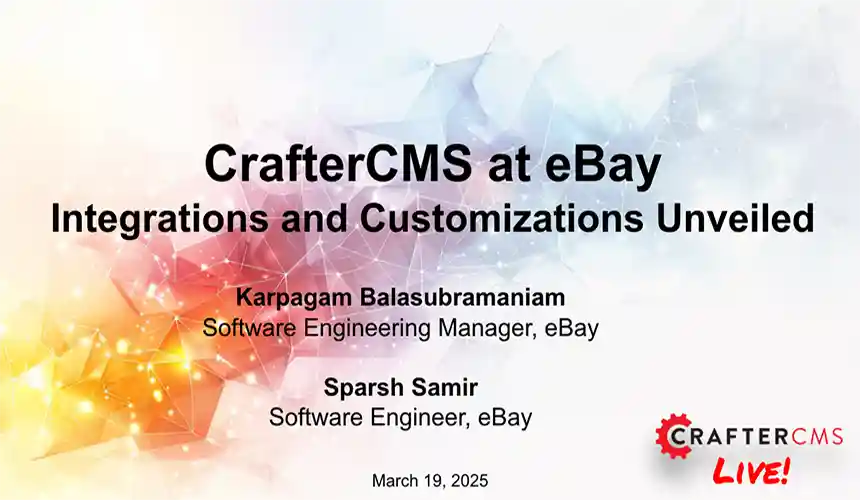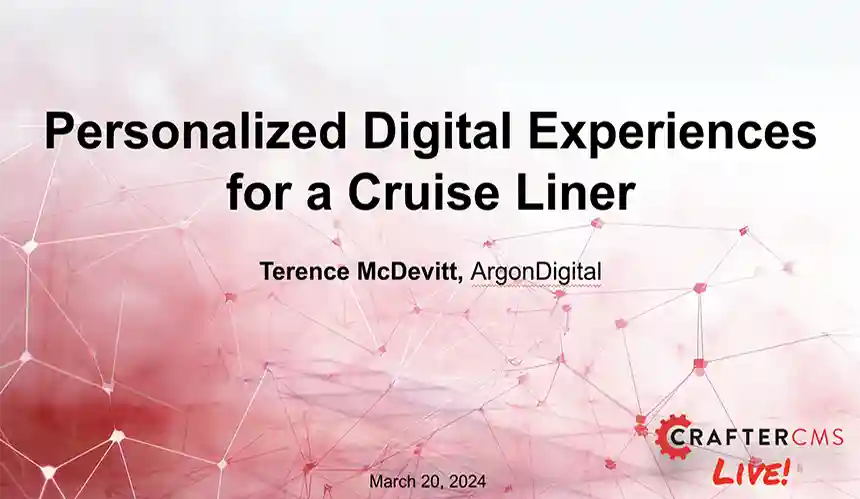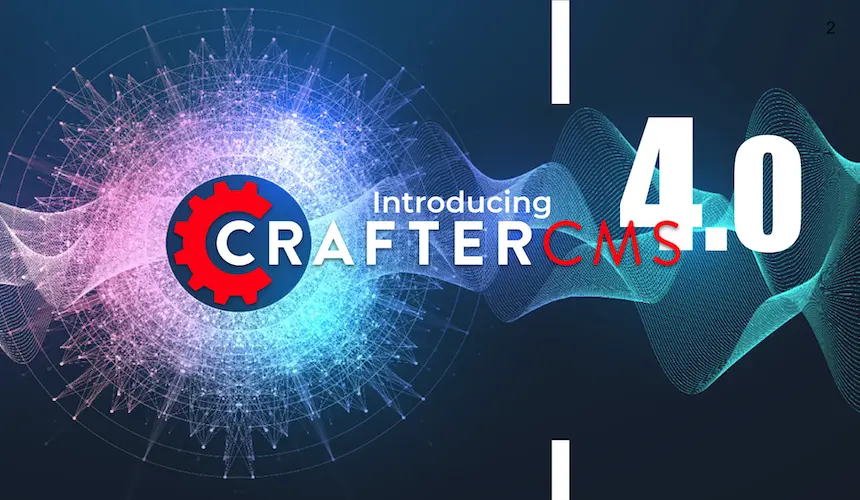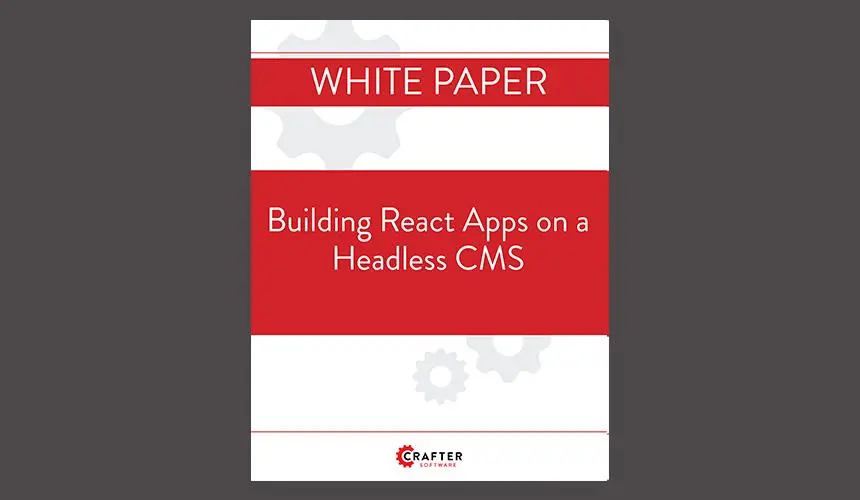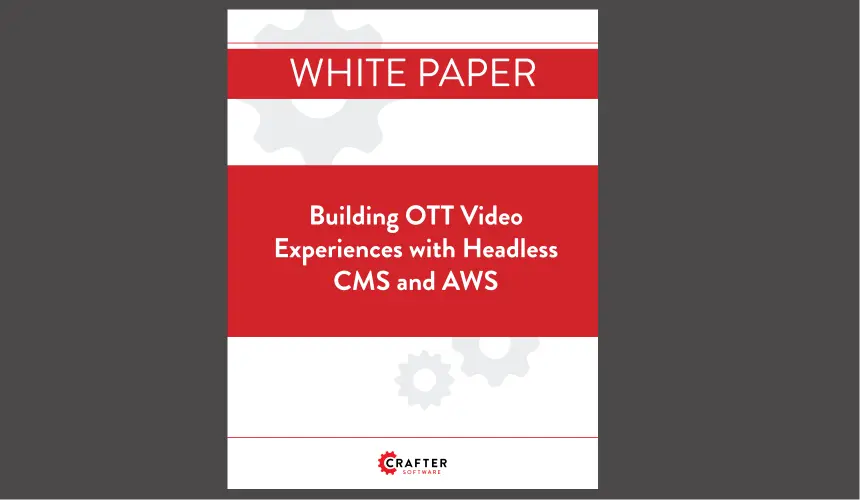Generative AI Use Cases For B2B Content Teams

Amanda Lee

With the onslaught of AI applications and capabilities over the last year, enterprises have been experimenting with ways to increase productivity and get ahead of the competition. Generative AI, in particular, has proven quite popular, with the likes of ChatGPT and GitHub’s CoPilot being used by a variety of teams.
According to eMarketer, almost 60% of marketers who responded to a survey have been using AI tools to help them optimize content. Another 48% have been using AI to help brainstorm topics. However, that only begins to scratch the surface of what’s possible using generative AI.
In this blog, we’ll highlight some of the best use cases for B2B content teams and explain how these use cases can be accelerated with the help of a modern content management system.
B2B Use Cases for Generative AI
Below we highlight the top five use cases for B2B content teams looking to leverage generative AI tools and capabilities.
1. Content Creation and Optimization
Creating new content and optimizing existing content assets remain some of the most time-consuming tasks for B2B marketers. Generative AI can streamline this process by speeding up the research process, enabling faster analysis of existing content pieces, and identifying opportunities for improvement.
Data backs this up, too, with 57.1% and 55.4% of marketers in the previously mentioned survey citing that they used AI to help write long-form copy, such as blog posts, and short-form content, such as product descriptions and social media posts. With the right inputs, artificial intelligence can understand the tone, style, and context of the content needed, helping content teams which help teams to save time and increase productivity.
However, with the current assortment of AI tools available, content creation doesn’t have to end with written content. Generative AI can create appropriate image variations, repurpose event recordings into social media posts, and more.
2. Strategic Content Planning
Content teams can leverage generative AI to help with strategic planning initiatives. With human input in support, AI tools can analyze market trends, existing customer data, and economic factors to determine the best content to create and how to improve that content to drive impact.
According to Forrester data, 67% of B2B organizations already use AI in their marketing strategies. This makes sense, given that generative AI can be crucial in optimizing marketing strategies, from conducting A/B testing across different elements, to including page layouts, ad copy, and SEO strategies.
By harnessing predictive analytics and data-driven recommendations, businesses can ensure they achieve the highest possible return on investment. This optimization process extends throughout the customer journey, as Generative AI automates lead-nurturing campaigns based on evolving customer patterns. This enables businesses to deliver personalized and targeted content to their leads, ultimately enhancing customer engagement and conversion rates.
3. Accelerated Personalization
Delivering a personalized customer experience that spans the entire customer journey and touches all their favorite channels might seem daunting. However, it is also becoming table stakes for many B2B organizations to remain competitive.
Generative AI enables content teams to accelerate their personalization efforts and create content that deeply resonates with their target audience. Teams can create personalized content at scale using customer data, resulting in tailored content recommendations, product suggestions, and customized campaigns. This allows B2B content teams to deliver highly relevant and personalized experiences to their target audience, increasing customer satisfaction and improving conversion rates.
For example, using generative AI, a B2B eCommerce company won’t need a customer support agent to answer every question. Instead, a chatbot built using generative AI can pull data from an existing knowledge base or FAQ and combine it with historical data about the customer and any real-time inputs to deliver a personalized and helpful conversation.
Read More: Accelerate Your Content Velocity With DevContentOps
4. Faster, Real-time Insights
Another use case that boosts speed and performance for content teams is the need for fast insights. Whether that means identifying the patterns between a group of five customers or analyzing responses from an industry-focused survey, AI tools can scan and process data more efficiently than humans. By leveraging real-time insights, content teams can respond swiftly, adapt their content strategies, and stay ahead of the competition.
For example, while B2B marketers may have time to check the impact of a particular campaign or scour the market for new ideas once every week among their other tasks, a generative AI tool can help them to perform this task daily in just a few minutes.
5. Localization and Translation Services
Translation and localization services are vital for large enterprises with content teams, target audiences, and partners in multiple locations across the globe. AI models can translate content into different languages more effectively and with more nuance than standard language translation services, ensuring businesses can effectively communicate with a global audience.
For example, AI-powered language models can help content teams with grammar and style suggestions, ensuring the quality and accuracy of content across different languages. These capabilities help B2B content teams expand their reach and engage with diverse markets more effectively.
How CrafterCMS Improves AI-Generated Content for B2B Enterprises
Artificial intelligence can help catapult B2B content teams to new heights. However, these teams also need the right tools to make up their martech stacks and help make the most of AI functionality. Working with a traditional or monolithic CMS won’t provide the flexibility and performance necessary to capitalize on AI. On the other hand, a headless CMS offers a strong foundation of omnichannel content delivery and the capabilities to maximize AI output to help content teams.
CrafterCMS is an enterprise-grade headless CMS that offers everything B2B content teams need to power their marketing campaigns. CrafterCMS also empowers content creators to harness the power of generative AI through seamless integration with ChatGPT and other OpenAI tools. Content teams can use CrafterCMS’s robust features, including the intuitive Crafter Studio with WYSIWYG editing, multi-channel and multi-lingual previews, drag-and-drop experience building, and other user-friendly capabilities.
With the addition of generative AI tools and their integration into CrafterCMS, content authors can now easily generate new ideas, create compelling content, experiment with content variants, and more. This integration significantly enhances the productivity of their content management processes, allowing them to streamline their workflows and achieve accelerated personalization, improved localization, and much more.
Discover more about how enterprises can best use Generative AI to Improve Content Management.
Related Tags
Related Posts

AI Skills for CMS-Based Web Development

Sara Williams
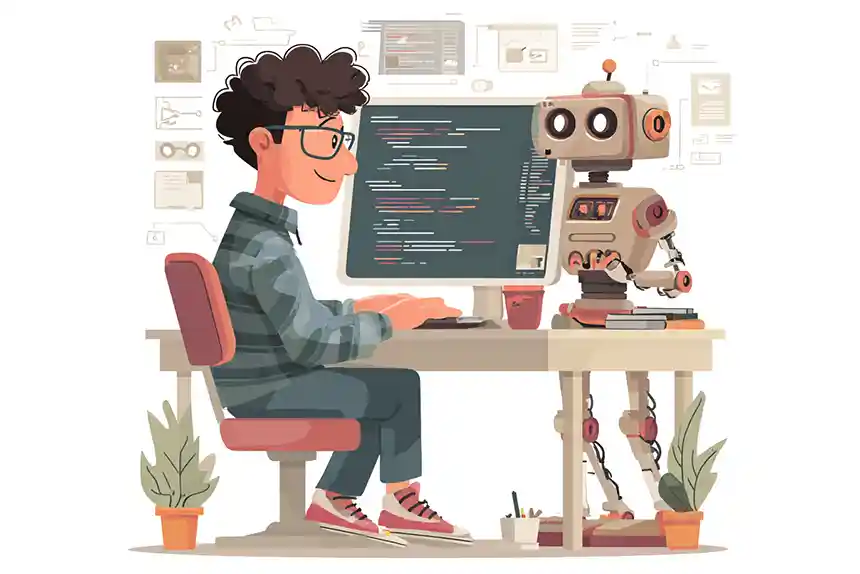
What Are AI Skills? From Intelligent Assistance to Executable Capabilities

Amanda Lee
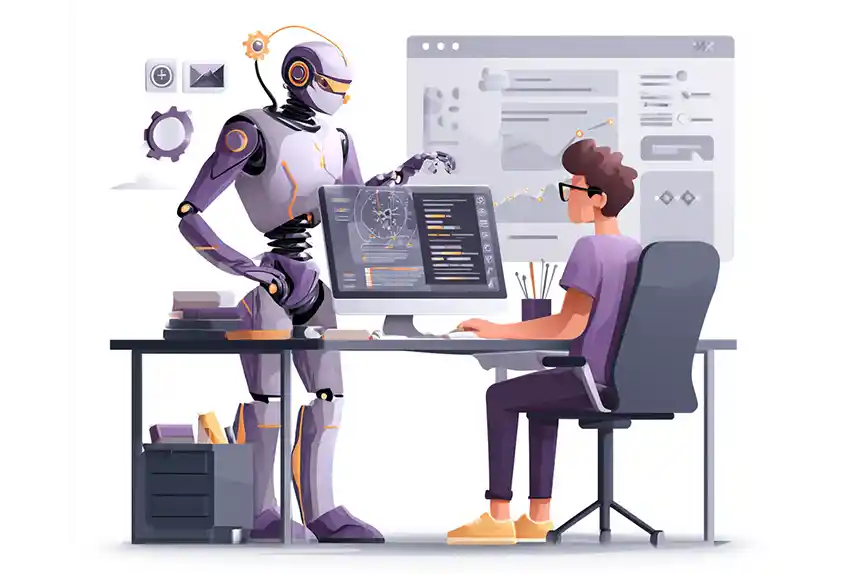
From HTML Template to Fully Managed Experience in Minutes: CrafterCMS + AI-Powered Workflows

Sara Williams
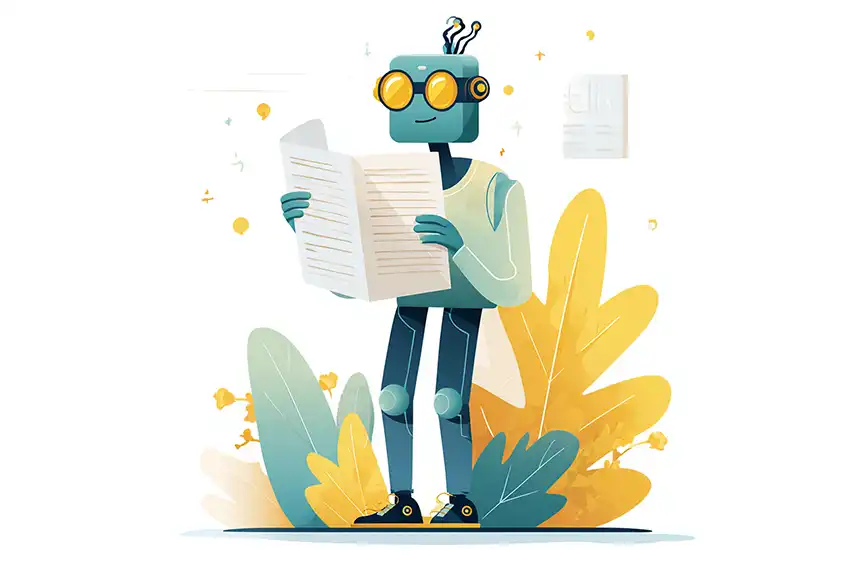
How Should You Structure a Blog Post So AI Models Actually Cite It?

Amanda Jones






